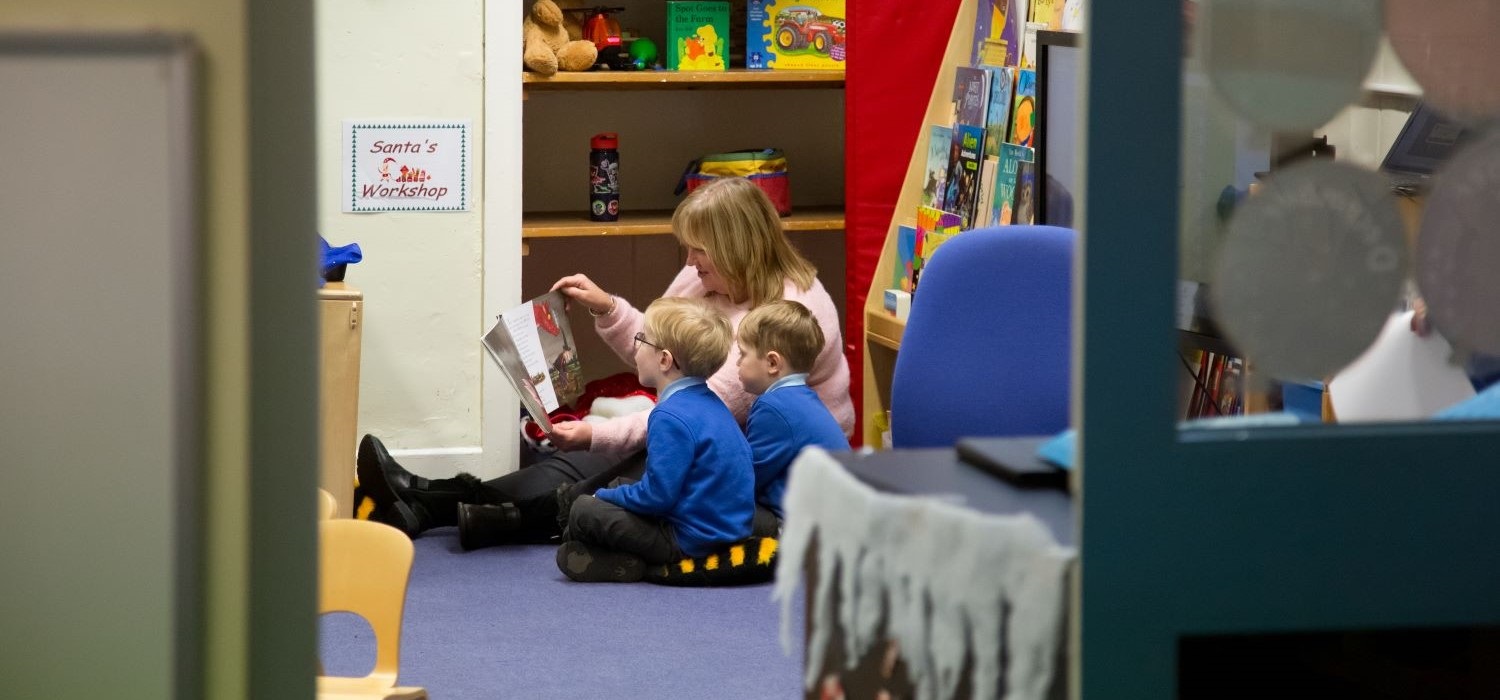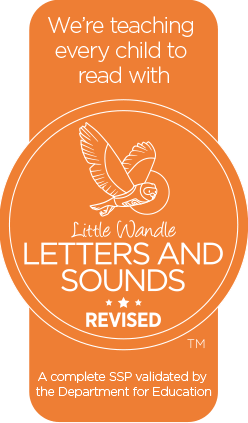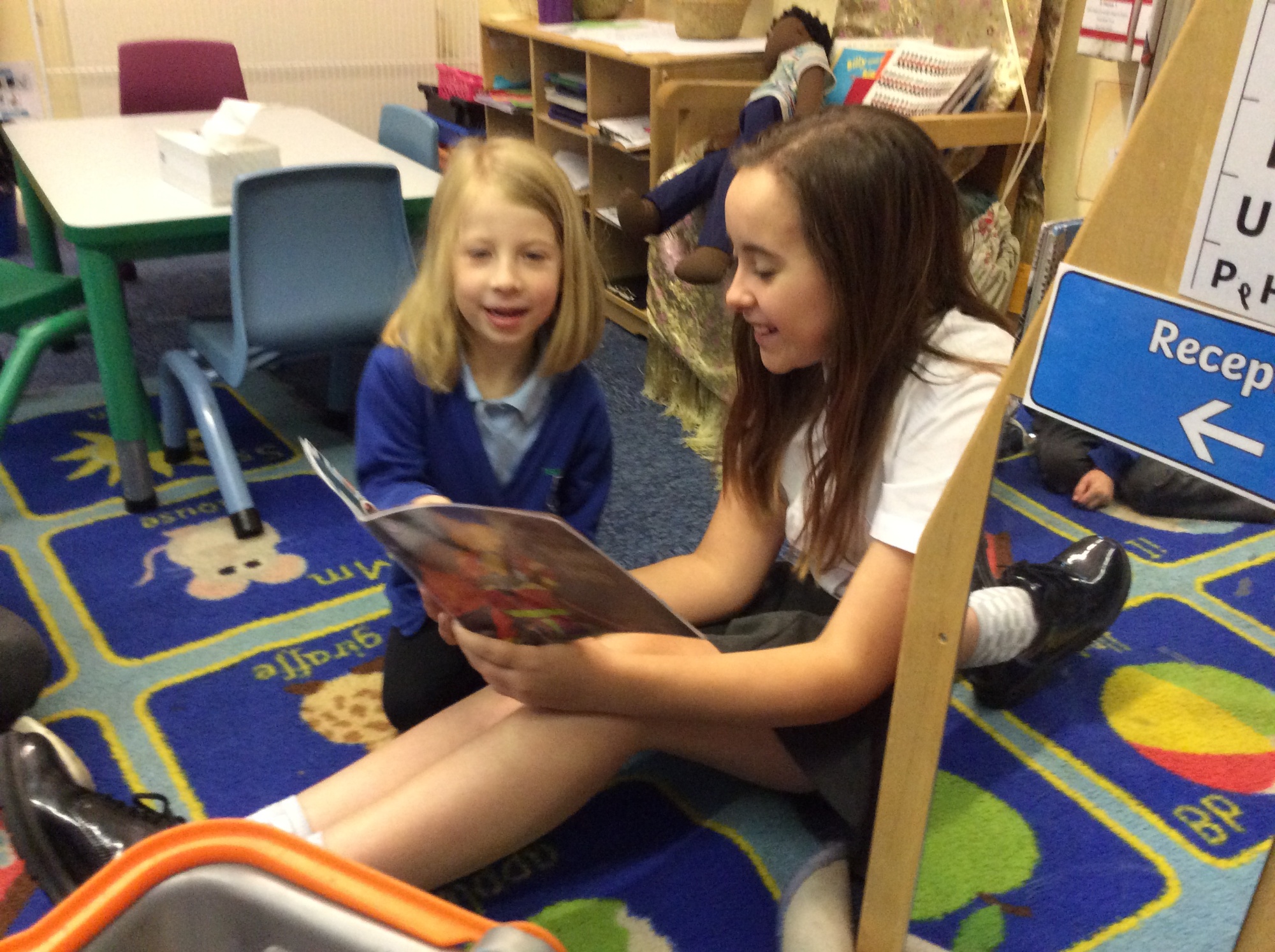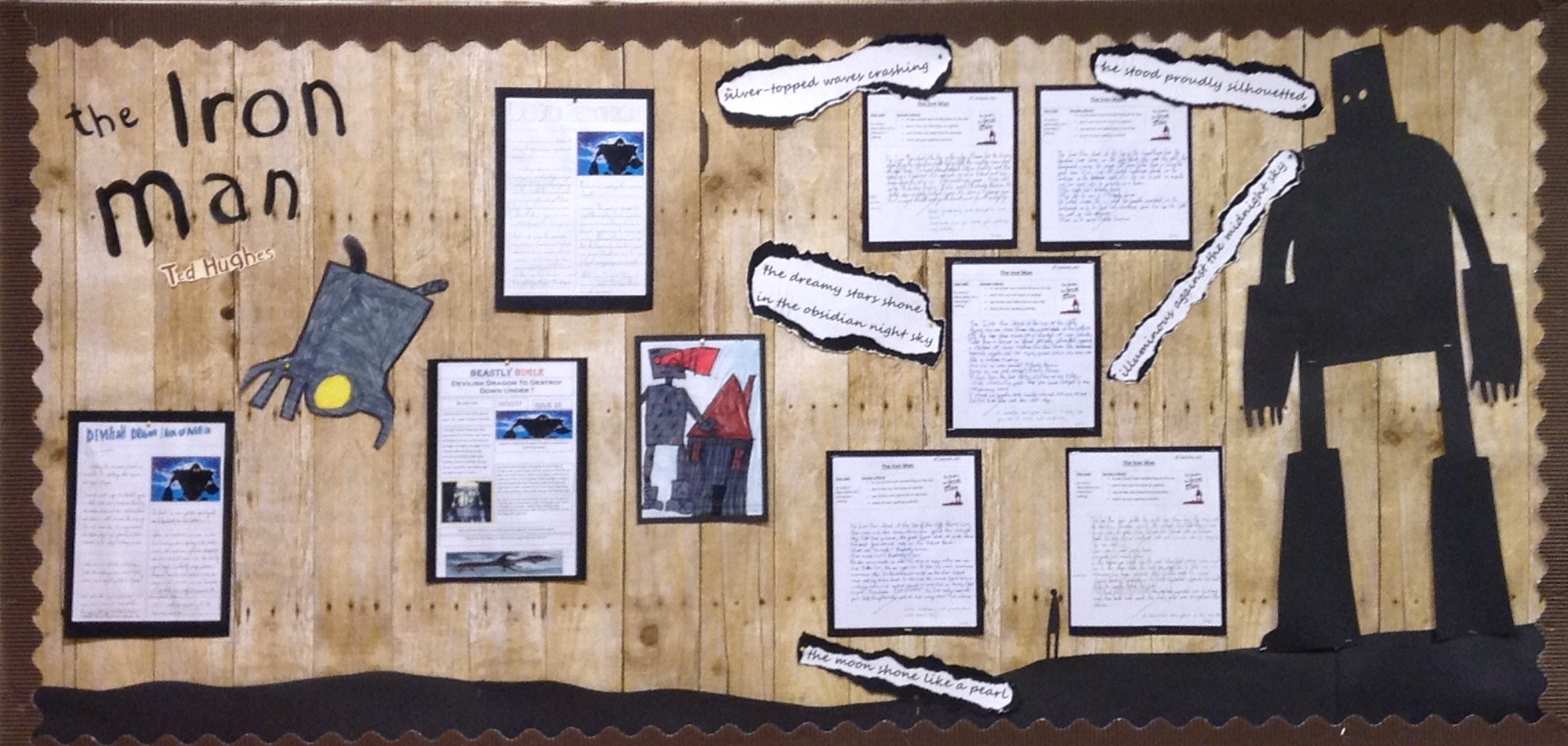English
Subject Leader: Mr Laithwaite/Miss Winter
Intent
At Temple Sowerby CE Primary School, we believe that reading and communication are key life skills. Through an engaging English curriculum, we will help children develop the skills and knowledge needed to enable them to become lifelong readers and learners, and to communicate effectively and creatively through spoken and written language. We want children to enjoy and appreciate literature and its rich variety.
Implementation
Reading
At Temple Sowerby CE Primary School, it is our belief that every child should be able to read for pleasure and to a high standard. We aim to ensure that every child is given the tools to develop into an enthusiastic and confident reader both at home and at school. Reading improves language and vocabulary, inspires imagination and gives everyone the opportunity to develop and foster new interests.
Every child is taught a range of strategies to support their development to become a confident, independent reader. In Foundation and Key Stage 1, Phonics is taught on a daily basis; in the past, this has been done using Letters and Sounds, but we are in the process of implementing the ‘Little Wandle’ phonics SSP (Systematic Synthetic Phonics) programme. As children progress through school, it is then developed further through English lessons and weekly guided reading sessions.
Guided reading allows children not only to read books chosen specifically for the children, but also to talk about them with their peers and with their teacher to develop their comprehension. As part of this approach, we use Literacy Shed’s ‘VIPERS’ resources to ensure children learn key skills of vocabulary, inference, prediction, explanation, retrieval and summarising. Opportunities for children to engage in group reading and independent reading activities are timetabled each week, and we run intervention groups and 1 to 1 support sessions.
We also provide children with a rich environment to help develop an interest in stories and reading. Teachers read for pleasure on a daily basis, whether through whole-class books, stories in collective worship, or the use of high-quality magazines and newspapers at the start of the day. They also use quality texts in all aspects of their teaching, both in English lessons (using resources such as the Power of Reading project and Literacy Shed) and across the curriculum to extend and enrich children’s learning.
Children are encouraged to read regularly outside of school and we run reading challenges, in which children are rewarded for reading at home to parents. All children have access to a range of books which are banded in accordance with their reading ability. We track the children’s progress through these ‘colour bands’ to ensure they are moved on to the next stage when ready. To further promote reading, we make use of a range of local facilities and intitiatives. We work with the local library service, arranging visits to Penrith library for workshops where children learn how to use the facilities, and how to find and borrow books. As part of this, all parents are asked to sign up their children for a library card.
In the summer term, the library staff visit school to introduce their ‘Summer Reading Challenge’; all children are encouraged to take part and, as a result, Temple Sowerby won the Cumbria competition in both 2018 and 2019. We are regularly visited by Cumbria schools’ library van and we work with our local cluster of schools to provide visits from authors and storytellers.
Writing
Our writing curriculum is in line with the expectations of the National Curriculum and is designed so that children learn to write for four different purposes; writing to entertain, writing to inform, writing to persuade and writing to discuss. Each term, children will focus on one of these writing purposes and they will learn about different genres relating to it and about the related grammar. Opportunities to revisit genres in subsequent terms and year groups allow children to develop their writing, ensuring there is a progression of skills. For each year group there are recommended quality texts which can be used as stimuli for writing; these have been selected for the knowledge and curriculum links they provide, as well as the opportunities they provide for writing outcomes (but teachers may choose to adapt and use alternative texts). Other stimuli, such as images and videos are used to inspire writing and develop children’s enthusiasm and creativity.
In Reception, quality texts are chosen to link with the topic for each term and the writing outcomes are based on these books. Many of the texts are repetitive in terms of their language and sentence structures, meaning the pupils can easily engage with them and replicate the language in their own writing. Some of the texts also introduce the children to rhyme.
Click here to see an overview of our writing coverage for each class/year group.
At Temple Sowerby School, we are very proud of our pupil’s handwriting and take particular care in our handwriting style. We use Letter-join’s on-line handwriting resource and Lesson Planners as the basis of our handwriting policy as it covers all the requirements of the National Curriculum. Children are taught to write using a joined style from the beginning of their time here through regular practice and through providing opportunities to produce high-quality written pieces.
To develop children’s spelling, we teach phonics on a daily basis in Class 1, whilst children in Classes 2 and 3 learn different spelling rules in discrete 30 minutes sessions each morning. Each child also has a differentiated set of spellings to learn each week. Copies of these spellings are sent home to encourage parental support and children practise on arrival each morning using the ‘Look, Cover, Write, Check’ method.
Speaking and Listening
We regularly plan a range of speaking and listening activities in all areas of the curriculum. In lessons, children are regularly given opportunities to discuss ideas with ‘talk partners’, work in groups and share ideas with the class. We encourage good speaking and listening behaviours, which we discuss during focused English sessions. Children participate in show and tell sessions, each class has the opportunity to perform class assemblies on our school values and the older children plan and prepare class talks on subjects of their choice. All children take part in whole school performances each year in front of large audiences in the local village hall.
Impact
By the end of Key Stage 1 pupils will have been given the opportunity to develop their abilities in reading, writing, speaking and listening. They will have made progress in reading, from phonetic awareness through to word recognition coupled with blending and segmenting skills. Furthermore, pupils will have been given the tools to start to develop comprehension in reading. Writers will have made progress towards achieving end of Key Stage targets. They will have developed skills in handwriting, grammar, punctuation, grammar and composition, having had opportunities to write in different fiction and non-fiction genres. Children will have started to be able to speak with confidence about their learning and their lives whilst developing an appreciation of what it means to listen, not just to their learning opportunities but also to the views and experiences of each other.
We want children to be able to express themselves by the end of Key Stage 2. We also want them to possess the skills in English not just to allow them to succeed in secondary school but as future skills for life. Pupils will have made progress from Key Stage 1 to Key Stage 2 in their reading, writing, speaking and listening skills. This will ideally be to the expected national standard but for those children not meeting the standard by the end of Key Stage 1 we want pupils to have made more than expected progress towards the expected standard at Key Stage 2. We want children to have developed a love for reading. They will be developing into confident speakers and will be able to listen to their teachers as keen learners and their peers with interest. Children will know and understand the importance of being able to write in both fiction and non-fiction genres, developing expressive skills and important presentation life skills respectively.




